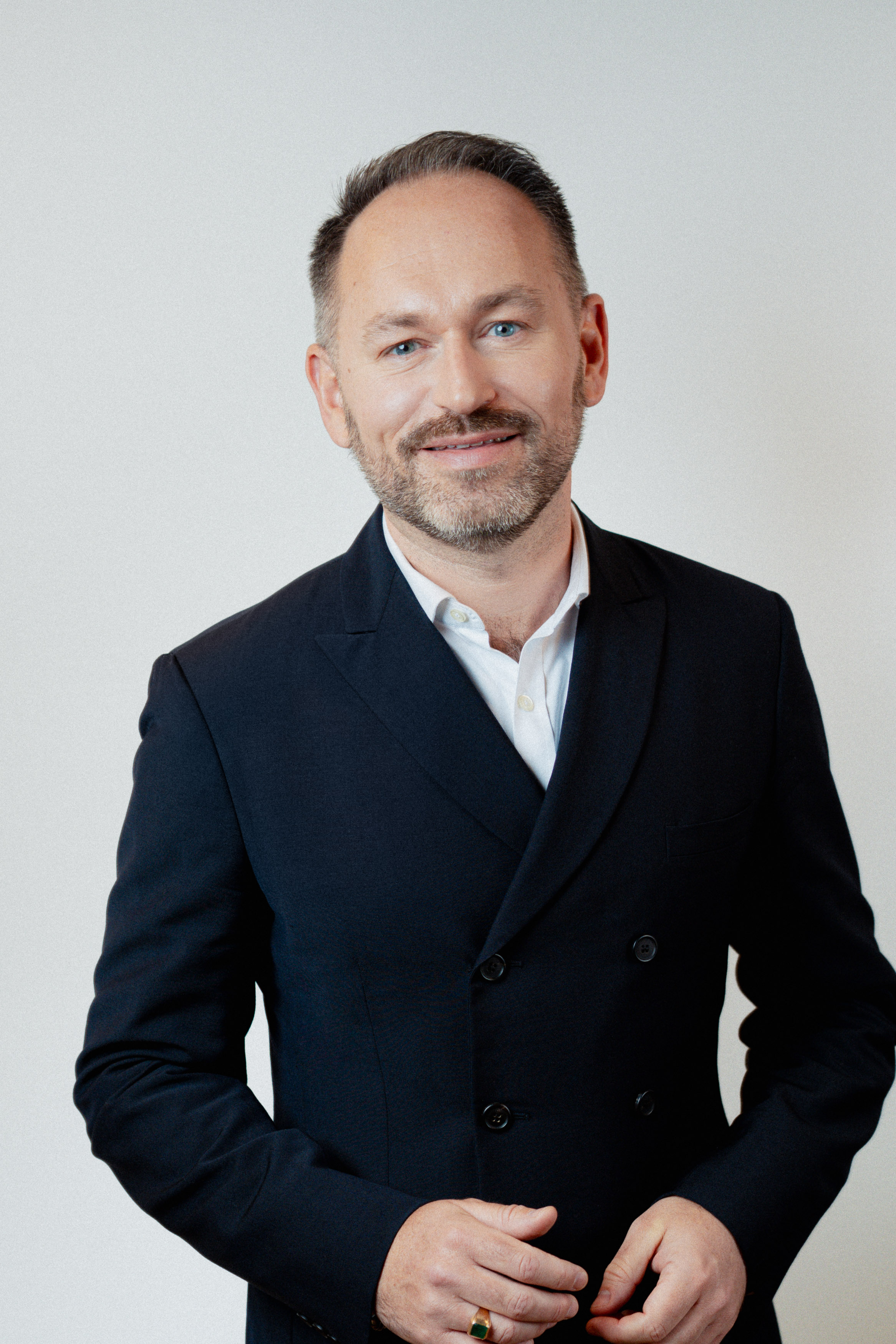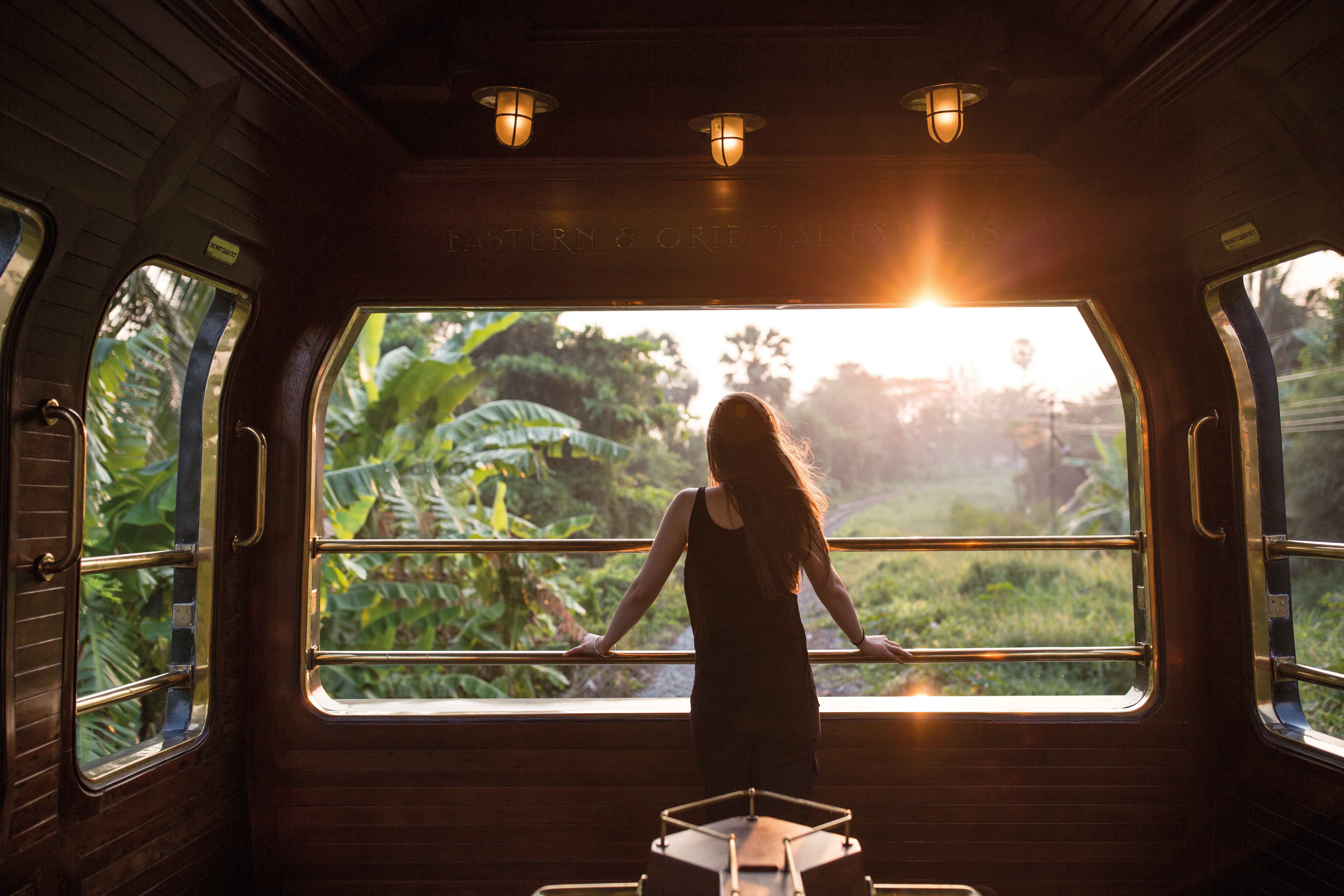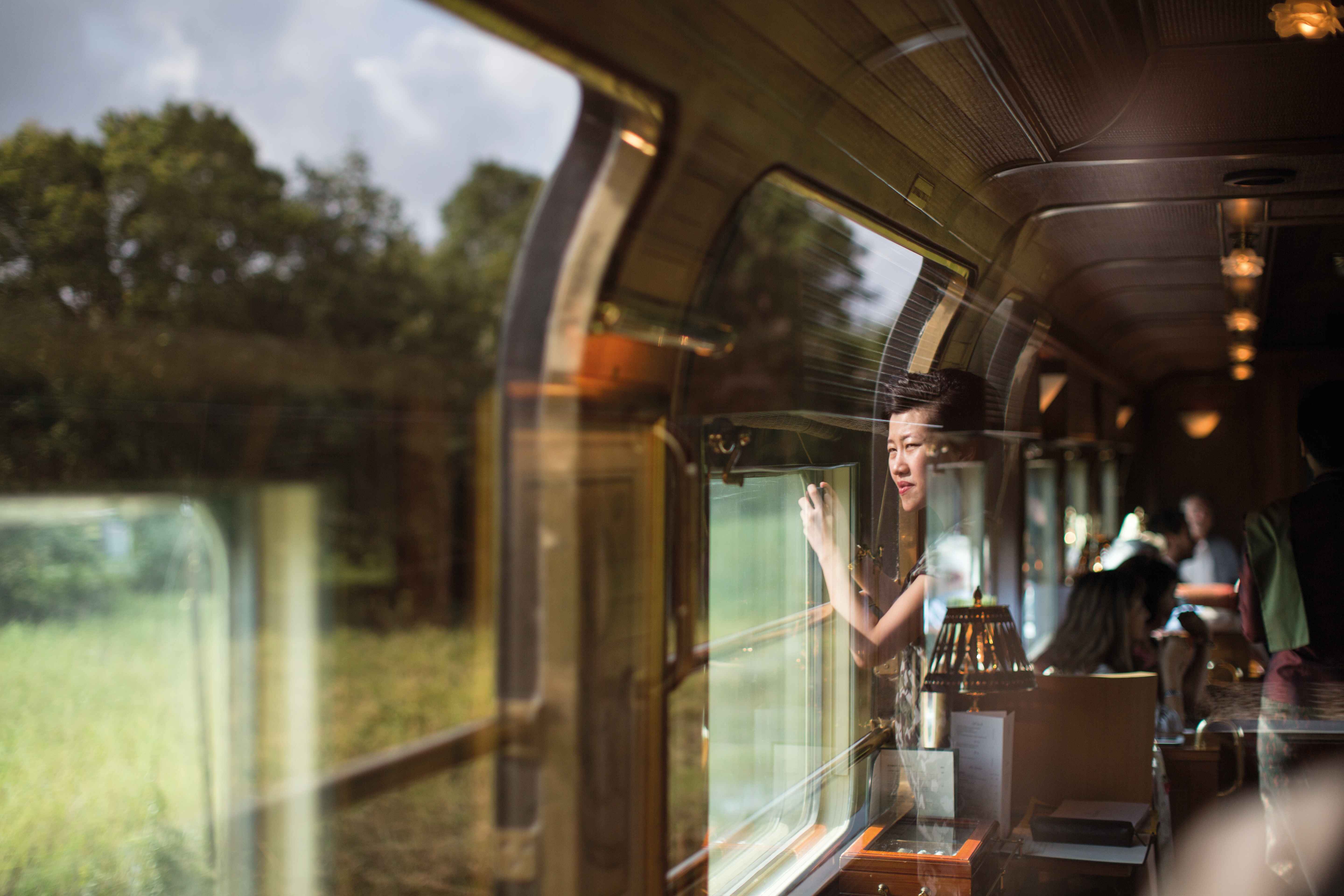If your holiday itinerary reads like a checklist, and all you seem to be doing is hurtling from one hotspot to another and crossing off items on that list, then you’re missing the point.
 Arnaud Champenois, Senior Vice President of branding and marketing communications, Belmond
Arnaud Champenois, Senior Vice President of branding and marketing communications, Belmond
In 2024, it’s all about “slow travel”. Like its culinary counterpart, the Slow Food movement, this form of travel is less about touch-and-go experiences and more about appreciating things on a deeper, more meaningful level.
It’s been more than a century since American essayist Ralph Waldo Emerson wrote, “It’s not the destination, it’s the journey”, and the world has finally caught up to that ideal. “I think there’s a real desire from travellers to slow down and reconnect to what matters the most – how to spend quality time with family and friends, how to enjoy nature, how to go deeper into a culture,” observes Arnaud Champenois, Belmond’s Senior Vice President of branding and marketing communications.

Belmond is a global hospitality group that operates 47 properties in 28 countries and territories, including the legendary Hotel Cipriani in Venice, Italy and the Copacabana Palace in Rio de Janeiro, Brazil. In February, the group resumed its iconic train voyage across Singapore and Malaysia, the Eastern & Oriental Express, after a four-year hiatus. Before the pandemic, the trip extended into Thailand, and that leg will resume in due course.
“The demand for slow travel is huge,” says Champenois. “We see very strong demand from Europe and North America. Recently we’ve also seen some really good demand from the Asia-Pacific, mostly Singapore and Australia.”

Much of the latter stems from the highly anticipated return of the Eastern & Oriental Express, which departs from Singapore’s Woodlands station and winds its way through Malaysia, calling at Ipoh and Butterworth before turning back. The four-day, three-night Essence of Malaysia voyage, which began on 11 February 2024, is fully booked until November 2024. The train departs Singapore anywhere from twice to four times a month.
A new route, Wild Malaysia, also spanning four days and three nights, was launched in March, this time showcasing the country’s spectacular wilderness. Along the way, there are excursions to Taman Negara National Park in Pahang. For this journey, there are still vacancies available from April 2024 onwards.
Aboard the revamped train, you’ll find eight sleeper carriages, two restaurants, a Piano Bar and an open-air Observation Car at the rear. Richly decorated, wood panelled interiors recall a Gatsbyesque epoch, far removed from contemporary hustle culture. Breakfasts are served in the cabins, so you can luxuriate in bed while looking out the window at the world passing by. It’s the very epitome of slow travel.
- THE QUEST FOR NOSTALGIA, SPECTACLE, AND AUTHENTICITY
The quest for nostalgia, spectacle, and authenticity
Given the speed at which our societies now operate, it’s no wonder that we appreciate slowing down. Society’s increasing digitization has also given rise to another travel trend: Nostalgia – the pining for simpler times or bygone eras.
The Eastern & Oriental Express leans into this trend extremely well, as does Belmond’s historic properties, such as the Florentine Renaissance-era Villa San Michele, the century-old, beachfront Copacabana Palace, and the Hotel Cipriani, originally opened by the founder of Harry’s Bar and inventor of the Bellini cocktail, Giuseppe Cipriani. Visiting any one of those establishments is like travelling back in time.
Another tendency is for travellers to crave large-scale, international festivals, such as the Dia de los Muertos in Mexico, the Carnival in Rio, and the Palio di Siena, a horse race in the Tuscan city of Siena. “People are travelling for a certain type of destination and ancestral ritual. There’s something about celebrating life with these types of ceremonies that you can attend, and I think it’s a growing trend,” says Champenois.
(Related: Candice D'Cruz, Vice President of Luxury Brands for Asia Pacific, Hilton, talks about the new rules of luxury travel)
Then there is the rise of the workcation. With people being accustomed to working remotely, they are more inclined to extend their trips, blending leisure time with bouts of work. “Because there’s this capacity to work from anywhere, people are travelling less but for longer periods of time. So, they will book longer weekends of maybe four or five days,” notes Champenois.
“After four years, a lot of things have changed. Belmond has also changed. Going back to what I was saying, how can we go deeper? How can we have great local experiences? In previous trips, it was less Asian. I have to say, the revamp of the Eastern & Oriental Express is much more of an Asian experience.”
To that end, Belmond looked to two-Michelin-starred chef André Chiang to curate a menu inspired by local (Singaporean and Malaysian) ingredients, techniques, and flavor profiles. Passengers can expect dishes like Laksa Bouillabaisse, Black-bone Chicken Consommé, and Jungle Spices Cacao Ganache from Chiang, who helms the celebrated restaurant RAW in Taipei.
.jpg) Chef André Chiang
Chef André Chiang
“It was a great opportunity for us to work with chef André,” says Champenois. “He has a great team and he knows how to take a destination and really get under the skin of that destination with flavors.”
As to why Belmond chose to work with Chiang instead of other celebrated chefs in the region, he says: “We wanted to have an international Asian flair. He has a great experience to capture that, and he’s very experimental. The Belmond brand has a heritage, but we always try to juxtapose that heritage with the contemporary world. And he's very contemporary in his approach to food.”






 Arnaud Champenois, Senior Vice President of branding and marketing communications, Belmond
Arnaud Champenois, Senior Vice President of branding and marketing communications, Belmond


.jpg) Chef André Chiang
Chef André Chiang




 Back
Back
